Maintaining good dental hygiene is essential, which means brushing your teeth and flossing regularly. But the order in which you do these two tasks might be debatable. Is it better to floss before or after brushing your teeth?
A Recent Study
Researchers found in a clinical trial that flossing before brushing was the most efficient for a thorough removal of dental plaque. The group that flossed first and then brushed had significantly more plaque removed than the group flossed after brushing. Flossing first also increased the amount of fluoride on the teeth from the toothpaste. This finding is important because fluoride strengthens your tooth enamel, making it easier to resist decay. So, by flossing first, the fluoride in your toothpaste can do a better job.
Don’t Skip Flossing & Brushing
When you don’t regularly floss and brush, you are at risk for poor oral health. Your braces won’t cause oral issues, but they may create spaces that can be difficult to clean, creating areas for potential tooth decay. When food and plaque accumulate around your braces, this can lead to permanent white marks (decalcification), cavities, swollen gums, bad breath, and periodontal disease.
Play Your Part
When you play a sport, you know that for your team to win, it takes a team effort. Orthodontic treatment is a team effort between your orthodontist, dentist, and you. Your team player role while you are wearing braces includes:
- Brushing for two minutes after every meal or snack. If you can’t brush, make sure to at least rinse your mouth with water.
- Floss at least once a day, ideally before you brush.
- Make sure your teeth are thoroughly clean before you go to bed.
- Avoid sugary foods and drinks.
- Seeing your general dentist for your recommended cleanings and checkups.
Tools and Tips
- Interproximal brushes
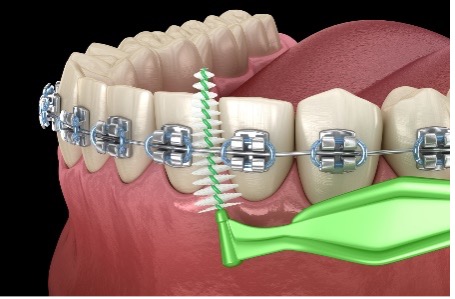
Interproximal brushes are great at dislodging plaque and food particles trapped between teeth, and to clear out debris that catches on brackets and wires.
- Water flosser or irrigator
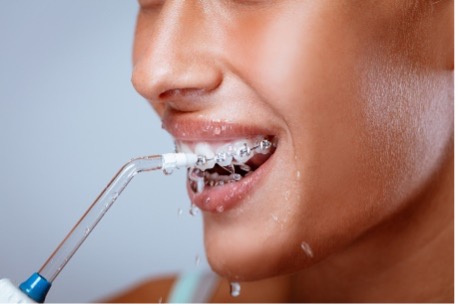
Water flossers work quickly to flush out food particles.
- Fluoride mouth rinse and toothpaste
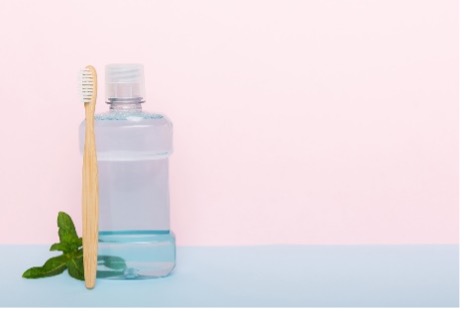
A daily fluoride rinse can strengthen tooth enamel and help prevent white marks (decalcification).
And if you are in school, don’t forget about our tips on Keeping Your Braces Clean at School and take your dental kit with you in your backpack:
- A regular soft-bristle toothbrush
- Toothpaste of your choice (we suggest a travel size for your school kit)
- Flavored floss or floss holders
- Dental wax
- Extra bag of rubber bands
- A small travel pouch to hold all these dental supplies.
Sincerely,
Your Friendly Team
Cobb Orthodontics
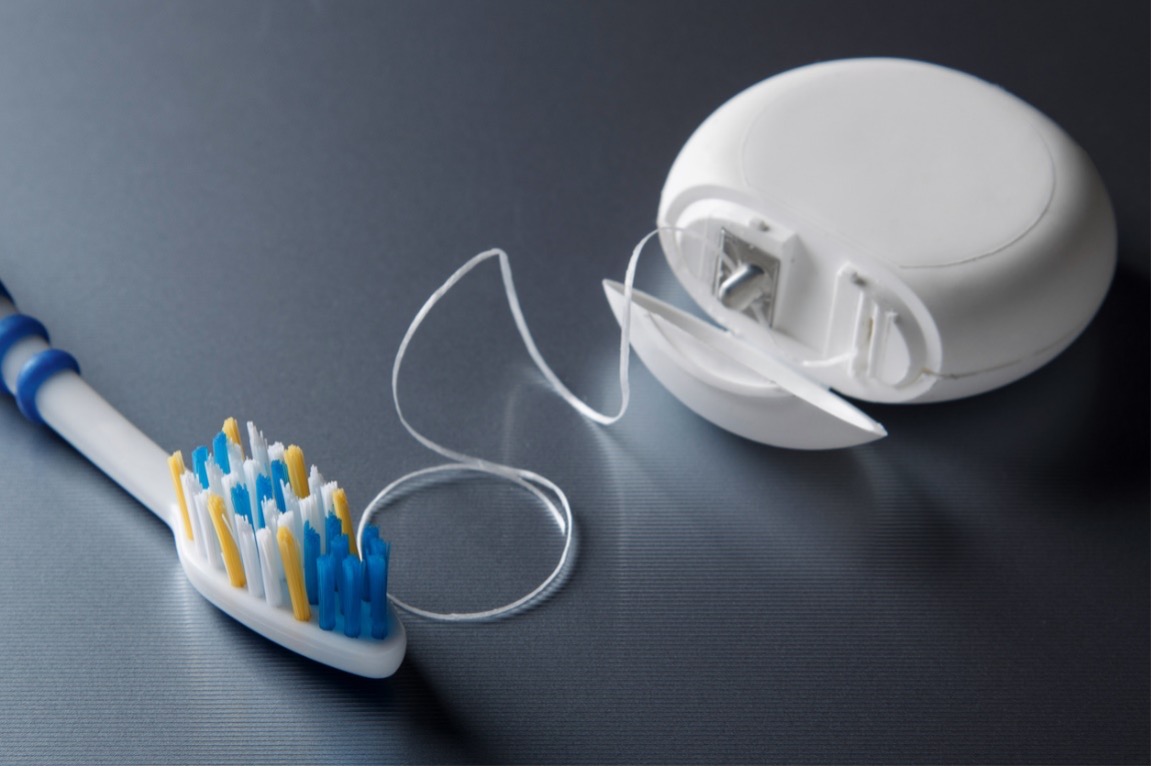
0 Comments